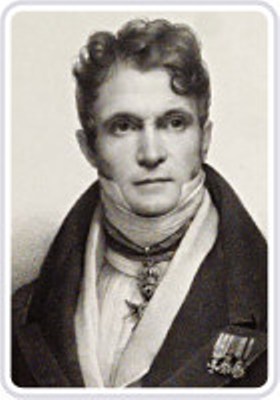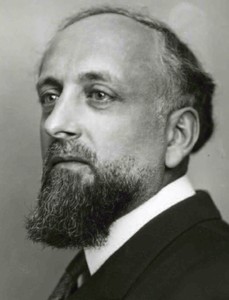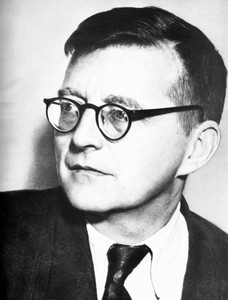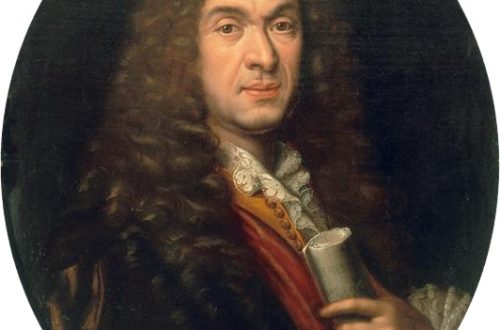
Gaspare Spontini (Gaspare Spontini) |
Contents
Gaspare Spontini
Spontini. “Vestal”. “O nume tutelar” (Maria Callas)
Gaspare Spontini was born in Maiolati, Ancona. He studied at the Pieta dei Turchini Conservatory in Naples. Among his teachers was N. Piccinni. In 1796, the premiere of the composer’s first opera, The Caprices of a Woman, took place in Rome. Subsequently, Spontini created about 20 operas. He lived most of his life in France (1803-1820 and after 1842) and Germany (1820-1842).
During the French (main) period of his life and work, he wrote his main works: the operas Vestalka (1807), Fernand Cortes (1809) and Olympia (1819). The composer’s style is distinguished by pomposity, pathos and scale, which are quite consistent with the spirit of Napoleonic France, where he enjoyed great success (he was even the Empress’s court composer for some time). Spontini’s work is characterized by the features of transition from Gluck’s traditions of the 18th century to the “big” French opera of the 19th century (in the person of its best representatives Aubert, Meyerbeer). Spontini’s art was appreciated by Wagner, Berlioz and other major artists of the 19th century.
In Vestal, his best work, the composer was able to achieve great expressiveness not only in crowd scenes replete with solemn marches and heroism, but also in heartfelt lyrical scenes. He especially succeeded in the main role of Julia (or Julia). The glory of the “Vestal” quickly crossed the borders of France. In 1811 it was performed in Berlin. In the same year, the premiere was held in Naples in Italian with great success (starring Isabella Colbran). In 1814, the Russian premiere took place in St. Petersburg (in the main role, Elizaveta Sandunova). In the 20th century, Rosa Poncelle (1925, Metropolitan), Maria Callas (1957, La Scala), Leila Gencher (1969, Palermo) and others shone in the role of Julia. Yulia’s arias from the 2nd act belong to the masterpieces of opera classics “Tu che invoco” and “O Nume tutelar” (Italian version).
In 1820-1842 Spontini lived in Berlin, where he was court composer and chief conductor of the Royal Opera. During this period, the composer’s work declined. He no longer managed to create anything equal to his best works of the French period.
E. Tsodokov
Gaspape Luigi Pacifico Spontini (XI 14, 1774, Maiolati-Spontini, Prov. Ancona – 24 I 1851, ibid) – Italian composer. Member of the Prussian (1833) and Parisian (1839) academies of arts. Came from peasants. He received his initial musical education in Jesi, studied with the organists J. Menghini and V. Chuffalotti. He studied at the Pieta dei Turchini Conservatory in Naples with N. Sala and J. Tritto; later, for some time, he took lessons from N. Piccinni.
He made his debut in 1796 with the comic opera The Caprices of a Woman (Li puntigli delle donne, Pallacorda Theater, Rome). Created many operas (buffa and seria) for Rome, Naples, Florence, Venice. Leading the chapel of the Neapolitan court, in 1798-99 he was in Palermo. In connection with the staging of his operas, he also visited other cities in Italy.
In 1803-20 he lived in Paris. From 1805 he was the “house composer of the Empress”, from 1810 the director of the “Theatre of the Empress”, later – the court composer of Louis XVIII (awarded the Order of the Legion of Honor). In Paris, he created and staged many operas, including The Vestal Virgin (1805; Best Opera of the Decade Award, 1810), in which they found expression of the Empire style trend on the opera stage. Spectacular, pathetic-heroic, full of solemn marches, Spontini’s operas corresponded to the spirit of the French empire. From 1820 he was court composer and general music director in Berlin, where he staged a number of new operas.
In 1842, due to a conflict with the opera public (Spontini did not understand the new national trend in German opera, represented by the work of K. M. Weber), Spontini left for Paris. At the end of his life he returned to his homeland. Spontini’s writings, created after his stay in Paris, testified to a certain weakening of his creative thought: he repeated himself, did not find original concepts. First of all, the opera “Bestalka”, which paved the way for the French grand opera of the 19th century, has historical value. Spontini had a noticeable influence on the work of J. Meyerbeer.
Compositions:
operas (about 20 scores have been preserved), incl. Recognized by Theseus (1898, Florence), Julia, or the Flower Pot (1805, Opera Comic, Paris), Vestal (1805, post. 1807, Imperial Academy of Music, Berlin), Fernand Cortes, or the Conquest of Mexico ( 1809, ibid; 2nd ed. 1817), Olympia (1819, Court Opera House, Berlin; 2nd ed. 1821, ibid.), Alcidor (1825, ibid.), Agnes von Hohenstaufen (1829, ibid. ); cantatas, masses and more
TH Solovieva





